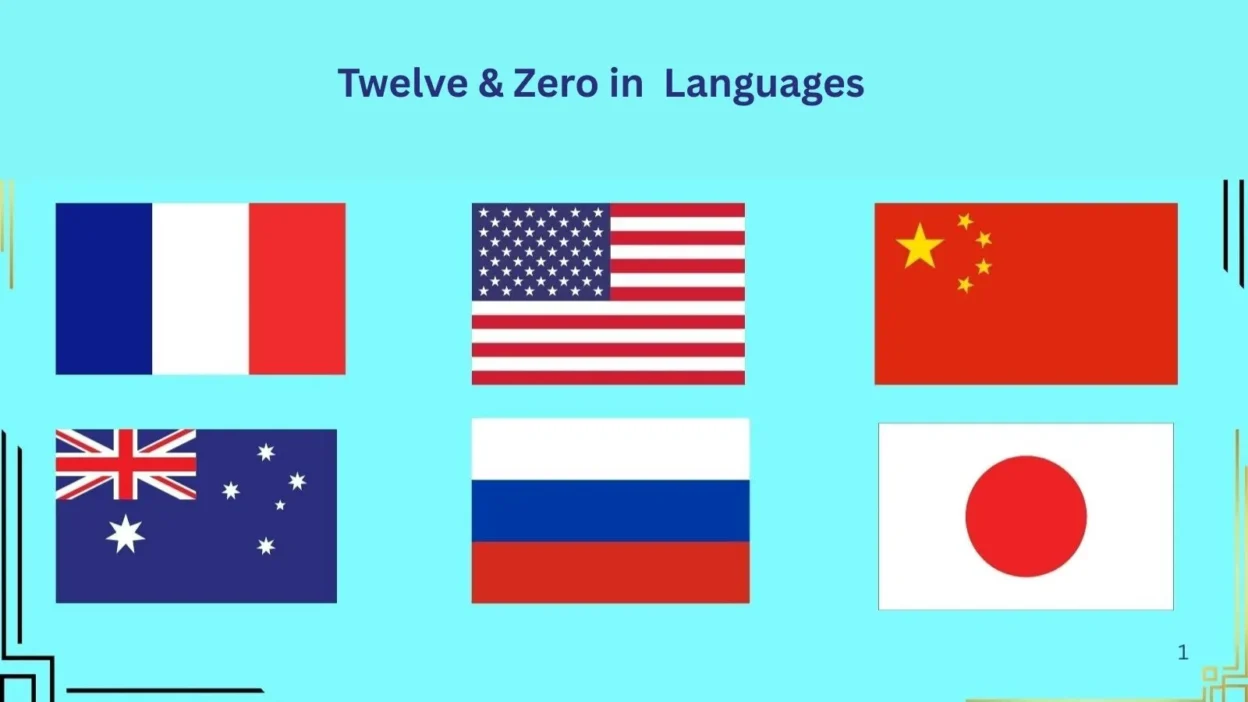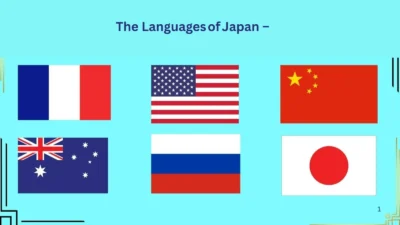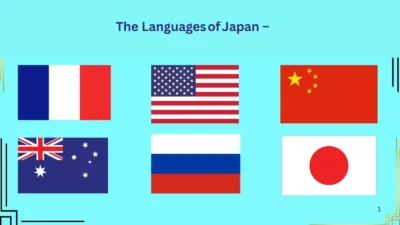Ever found yourself wanting to say “twelve” or “zero” in another language? Maybe you’re learning a new tongue, traveling, writing a multilingual story, or simply curious about how numbers are expressed globally. Whatever the reason, this guide is here to solve your problem.
Understanding basic numbers—like “zero” (0) and “twelve” (12)—is essential to building vocabulary and confidence when speaking with others in different languages. This post will explain their meanings, why people search for these terms, and how you can use them in real-life conversations.
Why People Search for “Twelve” and “Zero” in Other Languages
People often look up translations for common numbers like 12 and 0 for various practical reasons:
- 📚 Learning a new language
- ✈️ Traveling abroad
- 🧠 Language research or curiosity
- 🧮 Coding, math, or linguistics
- 🧾 Translating documents or forms
- 📞 Making international calls (where number pronunciation matters)
This guide solves the problem by offering accurate translations, phonetics, and tips on how to use these numbers in context.
The Meaning of Twelve and Zero
- Twelve (12): It’s a cardinal number, following eleven and preceding thirteen. It’s often used to refer to time (12 o’clock), dozen (a group of twelve), or age (12 years old).
- Zero (0): It represents the absence of quantity. It’s a foundational concept in mathematics and is crucial in phone numbers, pricing, time (e.g., 08:00), and computer programming.
“Twelve” in 20 Different Languages
| Language | Twelve | Pronunciation |
| English | Twelve | /twɛlv/ |
| Spanish | Doce | /ˈdoθe/ or /ˈdose/ |
| French | Douze | /duz/ |
| German | Zwölf | /tsvœlf/ |
| Italian | Dodici | /ˈdɔː.di.tʃi/ |
| Portuguese | Doze | /ˈdo.zi/ |
| Russian | Двенадцать | /dvyenát-tsat’/ |
| Chinese (Mandarin) | 十二 | shí’èr |
| Japanese | 十二 | jūni |
| Korean | 열둘 | yeol-dul |
| Arabic | اثنا عشر | ithnā ʿashar |
| Hindi | बारह | bārah |
| Turkish | On iki | /on iˈci/ |
| Greek | Δώδεκα | /ˈðoðeka/ |
| Dutch | Twaalf | /tʋaːlf/ |
| Polish | Dwanaście | /dvaˈnaɕ.t͡ɕɛ/ |
| Swahili | Kumi na mbili | /ˈku.mi na ˈm.bi.li/ |
| Hebrew | שתים עשרה | shteim-esre |
| Vietnamese | Mười hai | /mɨj˨˩ haj˧˧/ |
| Bengali | বারো | baro |
“Zero” in 20 Different Languages
| Language | Zero | Pronunciation |
| English | Zero | /ˈzɪə.roʊ/ or /ˈziə.roʊ/ |
| Spanish | Cero | /ˈθeɾo/ or /ˈsero/ |
| French | Zéro | /zeʁo/ |
| German | Null | /nʊl/ |
| Italian | Zero | /ˈdzɛː.ro/ |
| Portuguese | Zero | /ˈze.ɾu/ |
| Russian | Ноль | /nolʲ/ |
| Chinese (Mandarin) | 零 | líng |
| Japanese | 零 | rei / zero |
| Korean | 영 / 공 | yeong / gong |
| Arabic | صفر | sifr |
| Hindi | शून्य | śūnya |
| Turkish | Sıfır | /sɯˈfɯɾ/ |
| Greek | Μηδέν | /miˈðen/ |
| Dutch | Nul | /nʏl/ |
| Polish | Zero | /ˈzɛ.rɔ/ |
| Swahili | Sifuri | /siˈfu.ri/ |
| Hebrew | אפס | efes |
| Vietnamese | Không | /xəwŋ/ |
| Bengali | শূন্য | shunno |
How to Use “Twelve” and “Zero” in Sentences
Examples for Twelve:
- I have twelve books.
- The clock struck twelve.
- He turned twelve last week.
- There are twelve months in a year.
- Let’s meet at twelve sharp.
Examples for Zero:
- The temperature dropped to zero.
- My score was zero!
- There are zero chances he’ll agree.
- Dial zero for the operator.
- Zero tolerance for cheating.
Conclusion:
Learning how to say “twelve” and “zero” in multiple languages helps you connect more deeply across cultures. Whether you’re traveling, studying, or exploring languages for fun, mastering these basic numbers can build confidence and bridge communication gaps.
Remember: small words like numbers are powerful. They appear in dates, phone calls, prices, and everyday conversations. So go ahead—practice a few from this list and impress someone on your next global adventure 🌎.
—



